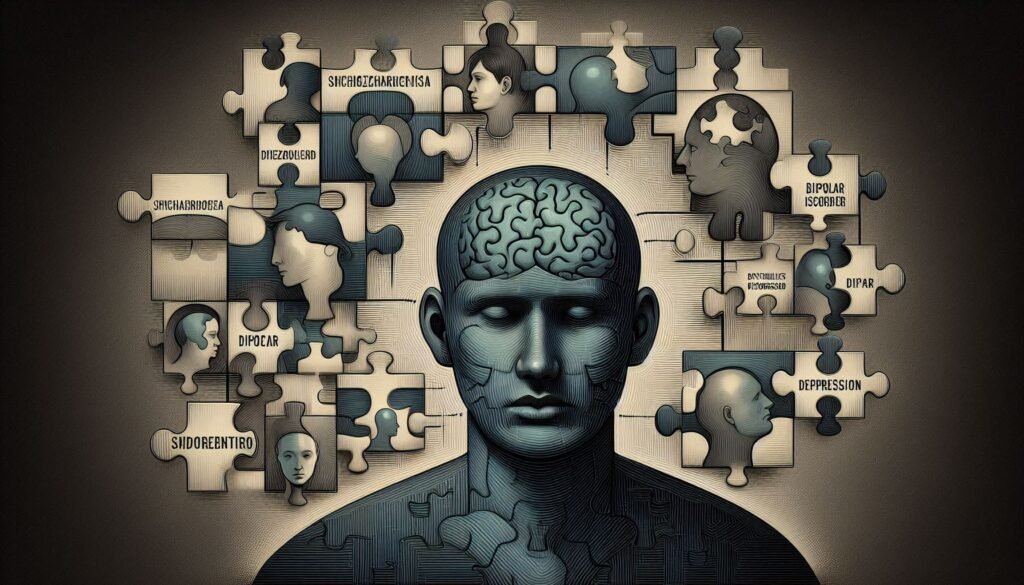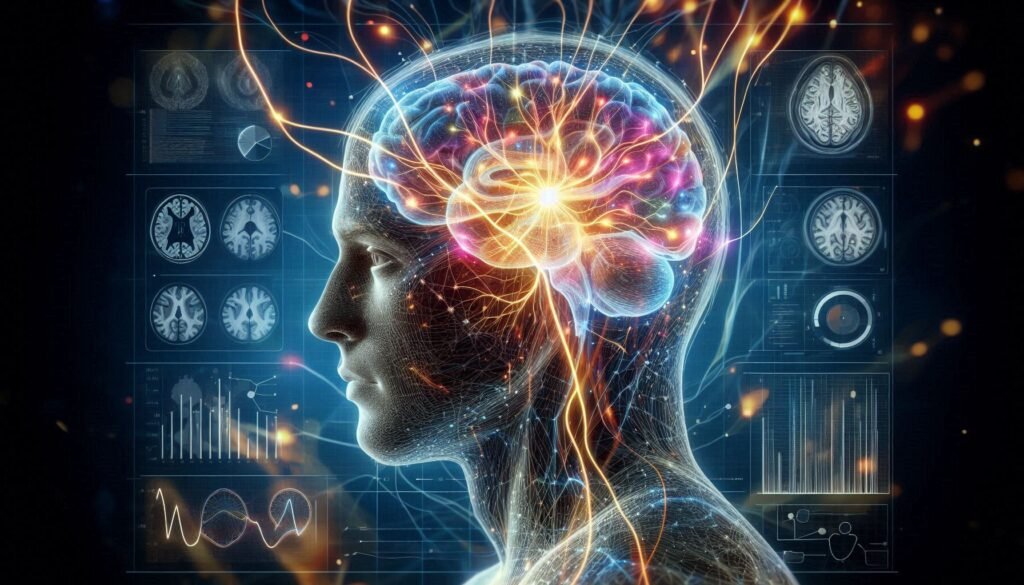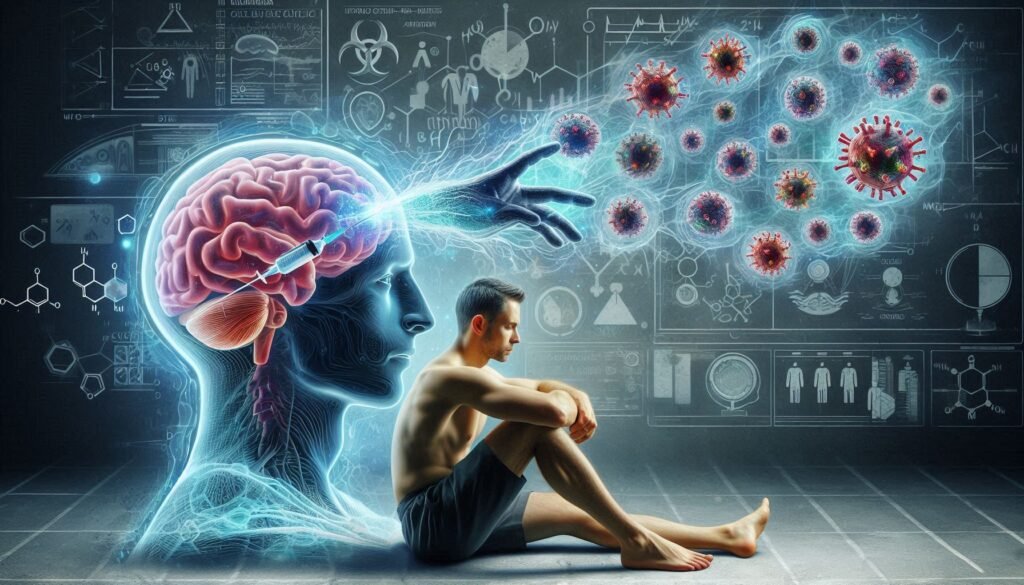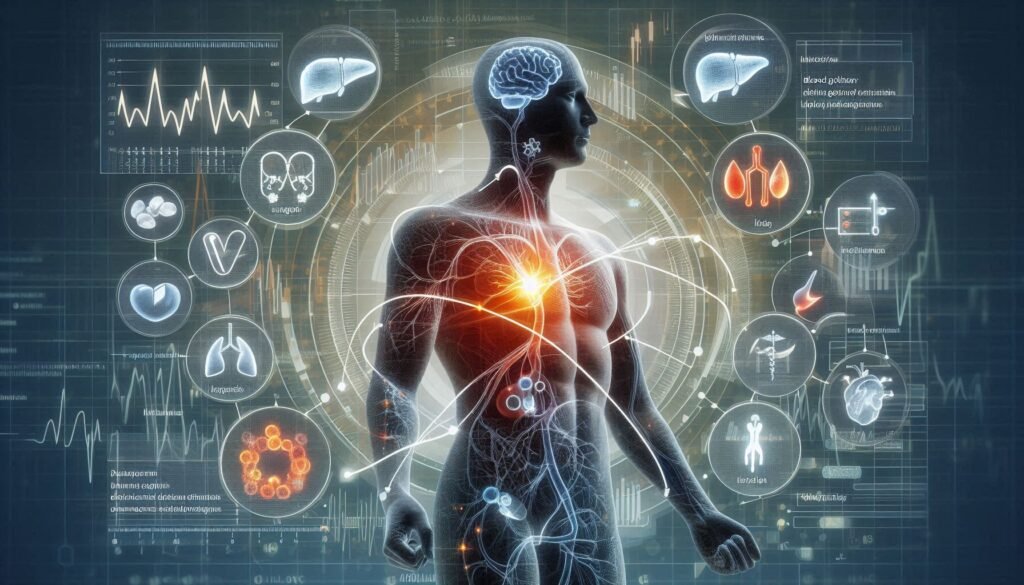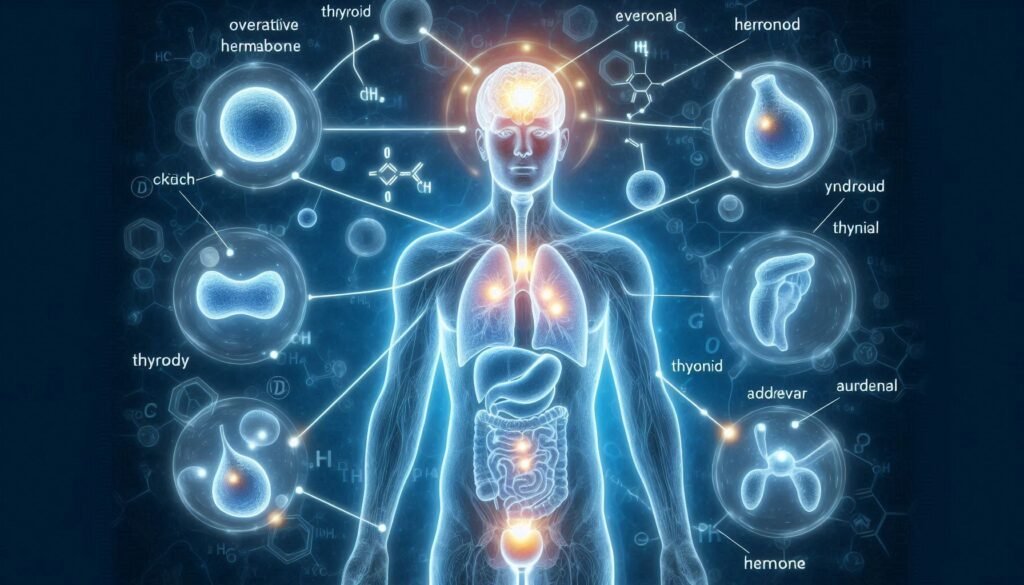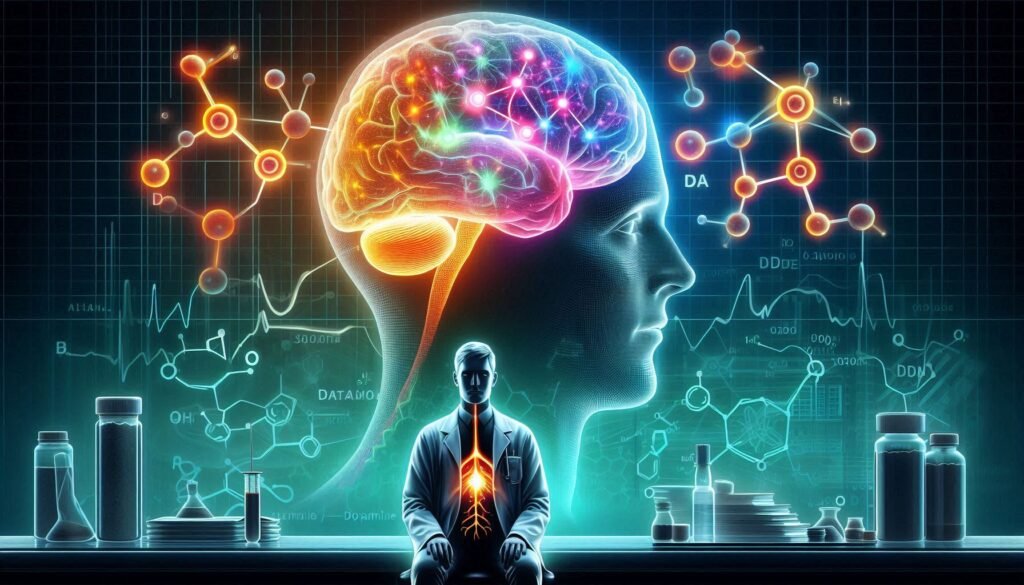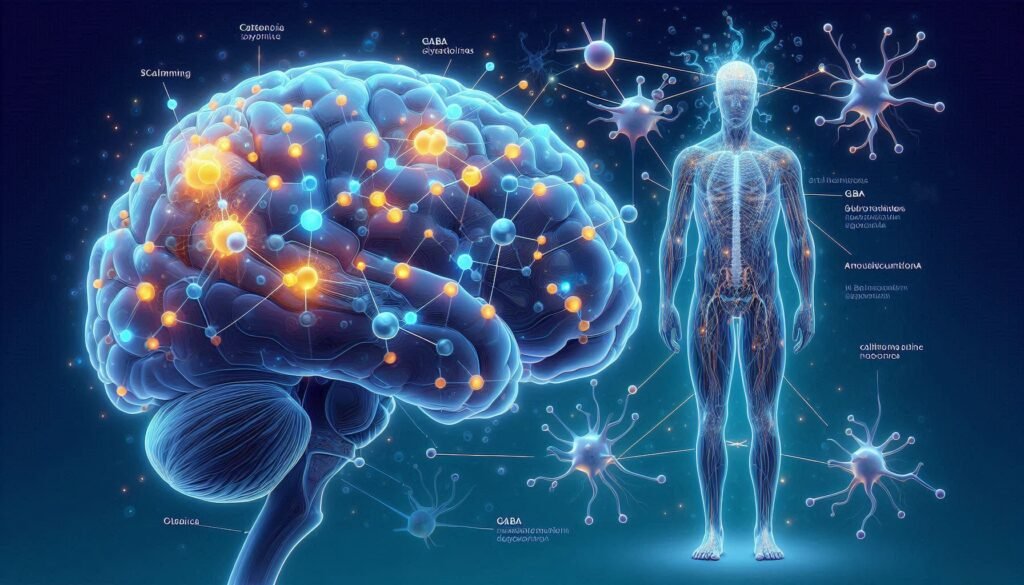Psychiatric Disorders and Catatonia: Exploring the Connections
The intricate relationship between psychiatric disorders and catatonia is a topic that deserves a closer look. Catatonia, often characterized by abnormal movement and behavior, can manifest in various ways within the spectrum of mental health issues. It’s not merely an isolated condition; rather, it intertwines with several psychiatric diagnoses, influencing symptoms and treatment approaches. Imagine […]
Psychiatric Disorders and Catatonia: Exploring the Connections Read More »

